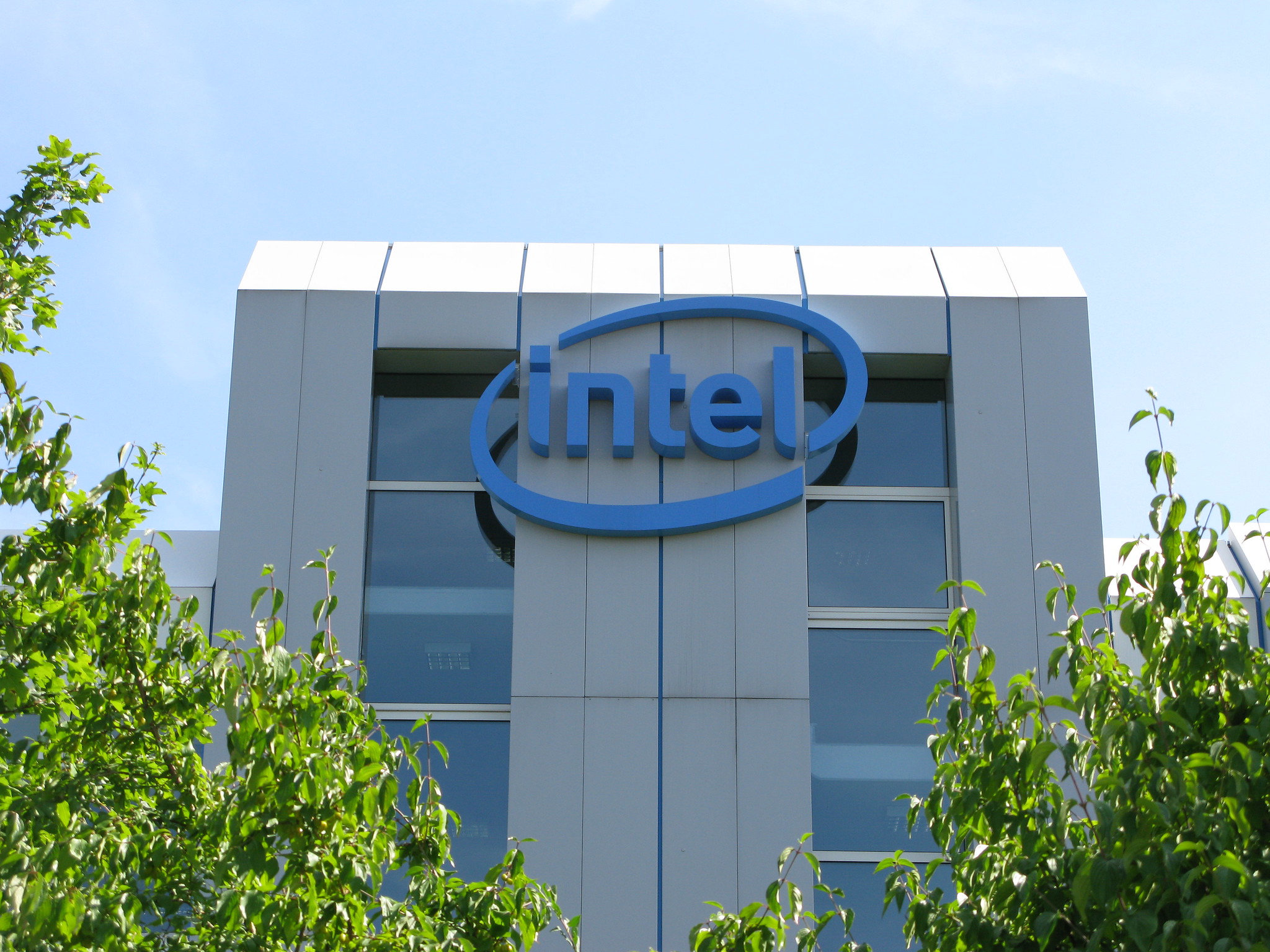 INFRA
INFRA
 INFRA
INFRA
 INFRA
INFRA
Intel Corp. is reportedly going to delay construction of a planned new semiconductor fabrication plant in Magdeburg, Germany, that it was set to break ground on early next year.
The chipmaker is said to be seeking additional government subsidies to help fund construction amid reports of increased costs. Intel had originally planned to start construction of the new site sometime in the first half of 2023, according to a report by the German media site Volksstimme.
The report cited Intel spokesperson Benjamin Barteder as saying the new fab was slated to be up and running by 2027, but could now be delayed. According to Barteder, much has changed since Intel announced its plan to build the Magdeburg fab earlier this year. The rapid rise in inflation has driven up the costs of energy and raw materials considerably, he said. Intel is also said to be concerned that demand for semiconductors is in decline.
“Geopolitical challenges have become greater, semiconductor demand has declined, and inflation and recession are disrupting the global economy,” Barteder was reported as saying. “This means we cannot yet give a definitive data for the start of construction.”
The original cost for building the fab was first estimated at €17 billion ($18 billion), and Germany’s government was expected to subsidize that cost to the tune of €6.8 billion, covering almost 40% of the total. However, Intel says that inflation means that estimate has now risen to around €20 billion. As a result, the company is asking the German government to provide additional subsidies.
Previously, Germany’s government has said it’s willing to provide up to €14 billion in state aid to encourage chipmakers to build new facilities in the country. It’s not clear how much of that pot has been set aside for other projects.
What isn’t clear is how far Intel is willing to go to pressure the German government to provide further aid. Clearly though, if Intel were to cancel the project entirely, that would be a big blow for Germany and also the European Union, which, like the U.S., is keen to expand its domestic chipmaking industry.
Last February, the EU announced the European Chips Act, which aims to ramp up semiconductor design and manufacturing in the region in order to reduce Europeans’ reliance on Asian chipmakers. Intel, with its Magdeburg plant, was set to play a major role in the expansion.
One advantage the EU does have is that pulling out of the project would likely harm Intel’s own innovation agenda, analysts said. “Intel has to focus on its own ambitions and deliver on some of the innovations it has planned, and to do that it will need new factories,” said Holger Mueller of Constellation Research Inc. “So it’s unlikely that Intel can just sit this one out. When governments want to direct enterprise investments, things can quickly evolve into a negotiation and that’s what seems to be happening with Intel and the German government and EU.”
Intel is no stranger to stalling tactics. In June, it was reported that the company threatened to delay construction of two new fabs in Ohio after the U.S. government failed to approve the so-called CHIPS Act that authorized the necessary subsidies for those projects.
Support our mission to keep content open and free by engaging with theCUBE community. Join theCUBE’s Alumni Trust Network, where technology leaders connect, share intelligence and create opportunities.
Founded by tech visionaries John Furrier and Dave Vellante, SiliconANGLE Media has built a dynamic ecosystem of industry-leading digital media brands that reach 15+ million elite tech professionals. Our new proprietary theCUBE AI Video Cloud is breaking ground in audience interaction, leveraging theCUBEai.com neural network to help technology companies make data-driven decisions and stay at the forefront of industry conversations.